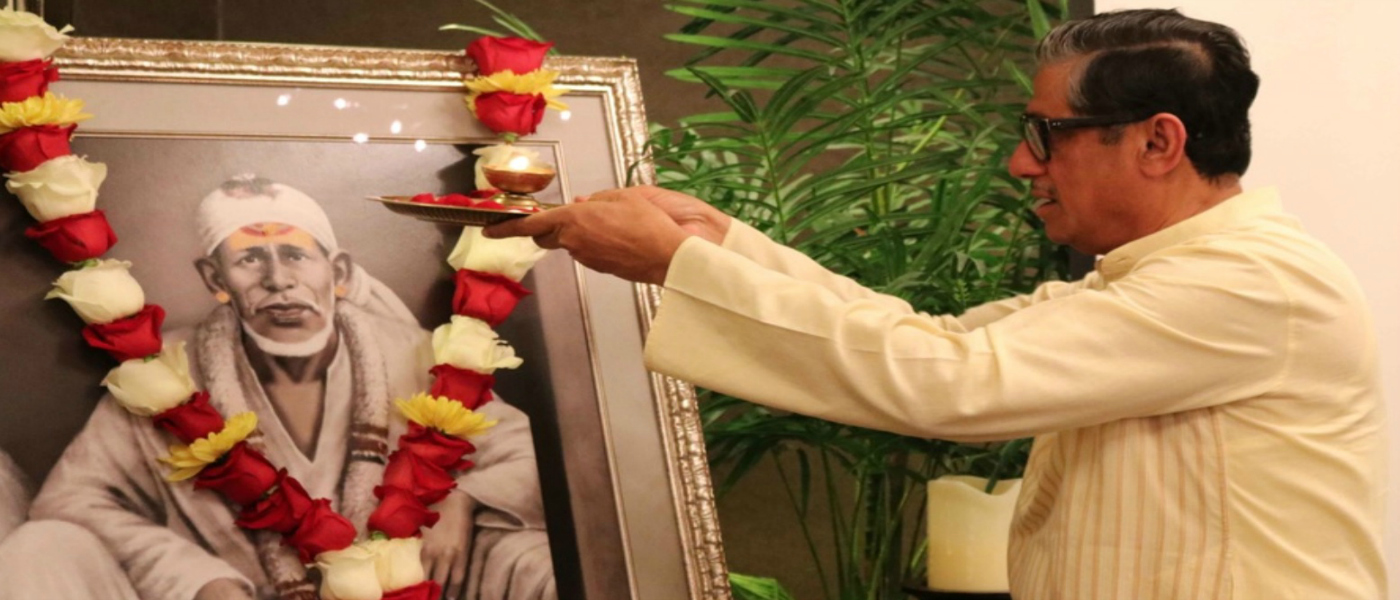The Path of the Master

Basically what Shri Shirdi Sai Baba practiced and taught is spiritualism and humanism as against bigotry, obscurantism and intolerance. To that extent He was a genuine Hindu and genuine Sufi amalgamated together. He often used to say ‘Allah Malik hai’ or ‘Ishwar Achha karega’ or ‘Sabka Malik ek hai’ i.e., the one and ultimate God called Ishwar or Allah is the sovereign power who controls everyone and everything.
This is the monistic “Advaitya” philosophy of the Hindus. On the other hand, He never deterred His Hindu devotees from going to temples to worship any deity of their faith or stopped the Muslims from taking out the Tazia procession or doing anything prescribed by their religion etc. Indeed He encouraged both and ensured, at Shirdi, tolerance towards the religious sentiments of devotees practicing various faiths, through mutual participation in each others festivals.
For the residents of Shirdi as well as for the outsiders who used to visit Him in great numbers, He was not only a Guru but a part of their entire existence. Shri Sai had permeated into all aspects of their lives: religion, family, festivals, way of earning and spending, social conduct, moral conduct, cultural activities, births and deaths, diseases and cures and even regarding the rearing of their children and pets.
Baba’s influence had been so strong and wide that even two to three generations of a family would come together to seek His blessings and advice on varied matters at Shirdi. Every one looked up to Him as a God in human form and also as the head of the family and surrendered to Him. The way of life not only for the natives of Shirdi, but those visiting Him, metamorphosized to a new way of looking at life which Baba taught them through His conduct and precepts. Thus, like Hinduism, the path shown by Shri Sai has become a way of life for His devotees rather than a religious and ritualistic path alone. Even today the same Sai spirit pervades the lives of millions.
[Excerpts from “GURUPURNIMA MESSAGE (2006)” by Dr. C B Satpathy]
